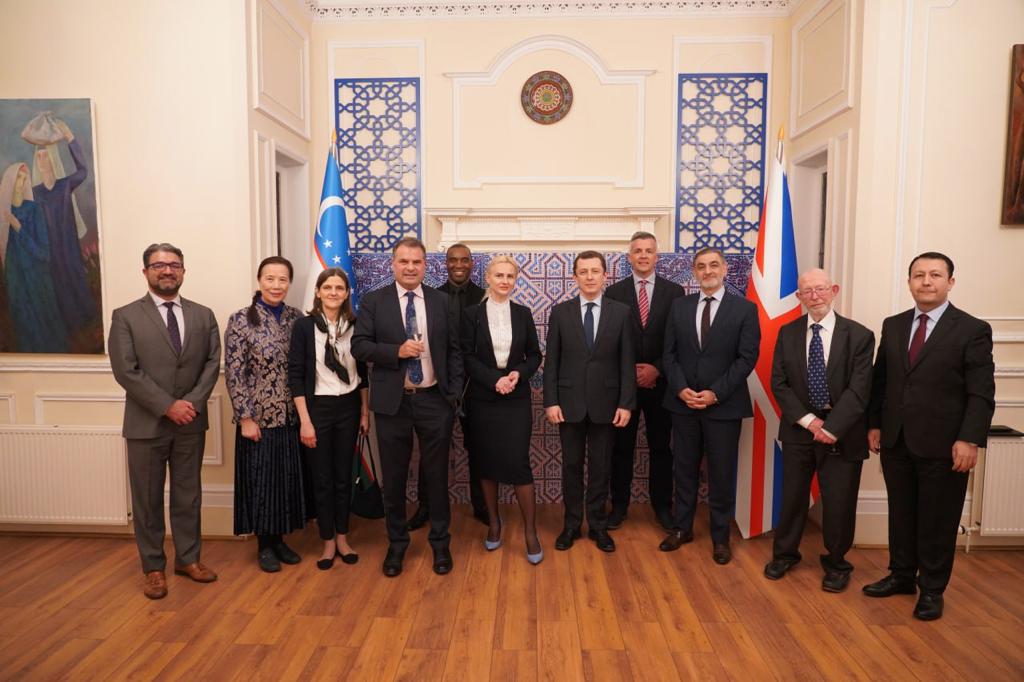Uzbekistan has been working to improve its investment climate and has made significant progress in recent years. In 2019, the government established the Investment Promotion Agency to provide support to foreign investors. The country has also implemented a number of reforms aimed at improving the business environment, such as simplifying procedures for starting a business and obtaining construction permits … writes Taha Coburn-Kutay
Uzbekistan has approved a series of constitutional amendments aimed at guaranteeing greater protection of human rights, fair democratic values, and equality for the country’s multi-faith and multi-ethnic population.
The amendments, which will be put to a referendum on 30 April, were developed in response to more than 220,000 proposals from citizens. They are intended to establish the principles of the rule of law, democratic representation, the separation of powers, and a strengthened civil society, as well as support economic development and environmental protection.
The amendments also establish that human rights and freedoms belong to everyone from birth and may only be restricted in accordance with the law and to the extent necessary to protect the constitutional order, public safety, and public order. The reforms represent a reset of the country’s political system, including extended presidential terms and term limits for state officials. The amendments have been developed in line with international laws and best practices from other countries.

Uzbekistan has been working to improve its investment climate and has made significant progress in recent years. In 2019, the government established the Investment Promotion Agency to provide support to foreign investors. The country has also implemented a number of reforms aimed at improving the business environment, such as simplifying procedures for starting a business and obtaining construction permits.
In terms of agriculture, Uzbekistan has a significant agricultural sector and is one of the world’s largest producers of cotton. The country also produces a range of other crops, including wheat, barley, and fruits and vegetables. In recent years, the government has been working to modernize the sector and attract investment in agriculture and food processing.
Tourism is also an important sector for Uzbekistan, with the country’s rich cultural heritage and historical sites attracting visitors from around the world. The government has been working to develop the sector, including through the creation of a visa-free regime for visitors from certain countries.
On this trip I will be meeting with some of the most influential leaders in the Ministry of Education, Film & TV in Uzbekistan. This is a unique opportunity for me to explore how we can work together to promote film, television, and education in the region while creating new trade opportunities that can benefit our countries and economies as well as the people of Uzbekistan.
I look forward to meeting and working with the Chamber of Commerce in Uzbekistan. I want to propose and establish discussions on bi-lateral trade and delegations between the UK and Uzbekistan. These discussions will lead to a yearly delegation from the UK to Uzbekistan and Vice-Versa to establish greater working relationship between businesses in both countries. This will open up sectors like minerals, hydro, oil and gas where British businesses has the experience, technology and expertise to share with Uzbekistan. This opportunity will also bring foreign investment in these sectors to be explored and build enterprises to use within Uzbekistan and export these products to other parts of the world. Overall, Uzbekistan is a country with significant potential for investment and economic cooperation.

Leave a Reply